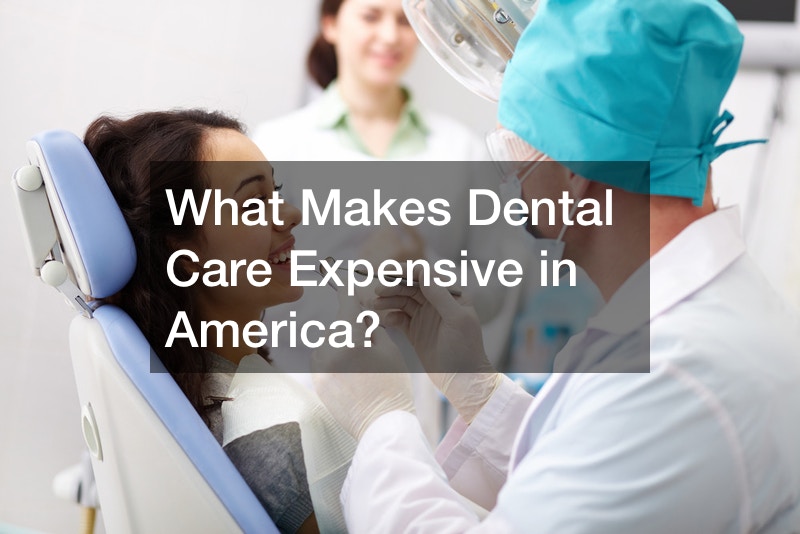This could make it challenging to pay for such an important treatment.
As the population ages, the dental inequality gap grows even wider, and is especially evident for those who are struggling to make ends meet, a percentage of people that keeps growing. This also contributes to a lot of medical problems since tooth decay worsens without treatment, leading to higher risk for the development of gum disease, advanced decay and even infections. Poor dental care may also cause other health problems such as cardiovascular disease and respiratory infections. They can even cause premature birth and low birth rates.
In America, the lack of dental care can have a negative impact on work and contribute to the development of unemployment and poverty. Through a survey of focus groups based in Massachusetts, it was found that many Medicaid patients had not been treated for dental issues and were living with a lack of self-confidence. These issues can have detrimental effects on your ability to find work and decrease your motivation to meet new people. In addition there was evidence that for those above 18 and working, 1.9 days of working time were loss per 100 employees. This leads to an intriguing paradox where people with dental issues are encouraged to find jobs in order to get insurance or a source of income. However, the same group of people is simultaneously considered less employable, leading to the inaccessibility to healthcare for the mouth.
Dental Care and Mental Health
Despite dental insurance not being included in general medical insurance which affects both the mental and physical health, the correlations cannot be overlooked. Access to dental treatment can cause serious mental health problems and depression, especially in America. As per research, wbmp4d6jfu.
